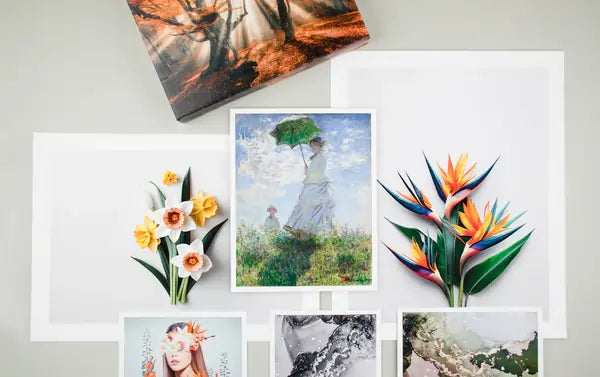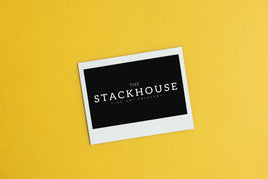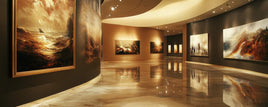TL;DR: Giclée printing brings out every detail of your photographs with museum-quality color and depth. Follow these five tips to prepare, edit, and order professional giclée photo prints that look stunning on paper or canvas.
Why Giclée Printing Is Ideal for Photographers
Not all printing methods deliver the same results. Giclée printing uses archival pigment inks and fine art media to produce exceptional tonal range, sharpness, and color longevity. It’s the gold standard for photographers who want their work to look just as rich in print as it does on screen. Whether you’re creating gallery pieces, retail prints, or client gifts, these tips will help you make the most of giclée printing services.
1. Choose the Right Giclée Printing Service
The first step to professional-quality prints is selecting a printer that specializes in fine art and photography reproduction. Look for studios that use 12-color ink systems, offer multiple paper and canvas types, and understand color calibration. At The Stackhouse Printery, we print with Epson SureColor P9570 and P7570 printers, known for their precision and archival pigment performance. A reliable printer should also provide test proofs, clear communication, and a range of finishing options.
Explore our photography printing services to see what materials and finishes fit your project.
2. Edit Your Photos Specifically for Print
Editing for print is different from editing for social media or web display. Online images are often optimized for brightness and contrast, but prints require a more balanced approach. Calibrate your monitor, reduce screen brightness, and edit under neutral lighting to ensure accuracy. Adjust exposure, highlights, and saturation to keep natural tones and shadow details intact.
- Work in wide color spaces such as Adobe RGB (1998) or Display P3.
- Export high-resolution files (TIFF or maximum-quality JPEG).
- Minimize heavy cropping to preserve pixel density for large prints.
For a deeper dive into technical prep, read our guide on mastering image resolution.
3. Match Image Resolution to Print Size
Resolution plays a crucial role in achieving sharp, detailed results. Aim for at least 300 PPI for small prints and 150 PPI for large wall art viewed from a distance. For example, a 24×36-inch print requires a file around 3600×5400 pixels for best clarity. If your photo falls short, consider using software such as On1 Resize AI or Topaz Gigapixel AI to upscale without sacrificing detail.
Need guidance on sizing? Check out our file requirements and print size chart for photographers.
4. Choose the Right Print Material
Giclée prints can be made on photo paper, fine art paper, or canvas — each offering distinct texture and finish. Glossy and luster papers bring vibrancy to colors and detail to high-contrast photos, while matte papers provide soft tonality and minimal glare. Fine art options such as Hahnemühle Photo Rag or FineArt Baryta offer premium texture and archival longevity. For a painterly, three-dimensional effect, try satin or matte canvas prints.
Explore the differences in our guide on matte finishes for art prints.
5. Select Finishing and Presentation Options
The finish of your print influences both style and longevity. Decide whether you want your work mounted, matted, or printed as a gallery-wrapped canvas. Matte and satin coatings reduce glare, while gloss finishes enhance depth and contrast. If you’re selling or gifting prints, ask about retail packaging or archival sleeves to keep each piece protected during handling and transport.
Elevate Your Photography with Giclée Printing
Professional photographers rely on giclée printing for unmatched clarity, depth, and durability. By selecting the right printer, resolution, material, and finish, you’ll produce gallery-quality prints that elevate your photography business and delight your clients.
Ready to bring your photos to life? Order your first giclée prints through The Stackhouse Printery Order Page and experience the difference that true fine art printing makes.









